Acknowledgments
The People Who Made This Book Happen
I am deeply grateful to Jofie Ferrari-Adler, my editor, and to PJ Mark, my agent. Without them, you would not be holding this book in your hand.
How I Work, and Who Helps Me to Work
Bits and pieces of this book have previously appeared in essays for Esquire, the Guardian, the Globe and Mail, and the Walrus. I am grateful to Jessica Reed, for polishing my ideas and my facts, and I am beyond grateful to David Granger, for everything.
The Necessary One
I couldnt write at all if not for Sarah Fulford.
ALSO BY STEPHEN MARCHE
The Unmade Bed
The Hunger of the Wolf
Love and the Mess Were In
How Shakespeare Changed Everything
Shining at the Bottom of the Sea
Raymond and Hannah
About the Author

S TEPHEN M ARCHE is a novelist and culture writer who has written for the Atlantic, the New York Times, the Wall Street Journal, the New Yorker, Esquire, and elsewhere. His books include three novels, The Hunger of the Wolf, Raymond and Hannah, and Shining at the Bottom of the Sea, as well as The Unmade Bed and How Shakespeare Changed Everything. He lives in Toronto with his wife and children.
 @StephenMarche
@StephenMarche
www.stephenmarche.com
SimonandSchuster.com
www.SimonandSchuster.com/Authors/Stephen Marche
 @avidreaderpress
@avidreaderpress  @avidreaderpress
@avidreaderpress  @avidreaderpress
@avidreaderpress
Conclusion: A Note on American Hope
I dont consider the dispatches in this book to be worst-case scenarios. Neither are they best-case scenarios. I have tried, with the best available evidence, to describe, as simply as I can, what is happening. So I hope I will be taken seriously when I say that, even in the current period of darkness, the American hope is real. The power of hope in America should not be discounted by anyone who wants a sensible analysis of its current predicament.
The American experiment has always been an experiment in hope. Hope shines from its face. Hope lives in its guts. The pilgrims on Plymouth Rock were bewildered by hope, a hope not just for prosperity and freedom but for a type of divine reflection on earth, a shining city on a hill. America has filled itself with new hope all along the way: the eyes turned to the Statue of Liberty, the mothers clutching their babies in the Arizona desert. The world pumps a steady supply of dreamers into the United States even when the United States despises and abuses them. It is the Golden Door.
Americas place in the world has always been distinguished by its hope. When its foreign policy descended into cynicism and brutality, it worked like other empires and other nations. But a cynical history of the United States would be an incomplete history. For huge swaths of the world, for much of the nineteenth and twentieth century, America was synonymous with hope. The radical generosity of the Marshall Plan in Europe was unprecedented: for any other people, at any other time, the idea that you would rebuild the economy of an enemy who had attempted to annihilate you would be taken as outright insanity. The Americans tried hope. The hope worked. Its also true that hope has sometimes misled America. After the disaster of the Iraq war, John Bolton upped his naivete with sickening arrogance: What we should have done is said to the Iraqis: Youre on your own. Heres a copy of the Federalist Papers. Good luck. Obama has been selling hope his whole career; his hope always manages to sell even when its rotted on the shelf.
None of the crises described in this book are beyond the capacity of Americans to solve. It would be entirely possible for the United States to implement a modern electoral system, to restore the legitimacy of the courts, to reform its police forces, to root out domestic terrorism, to alter its tax code to address inequality, to prepare its cities and its agriculture for the effects of climate change, to regulate and to control the mechanisms of violence. All of these futures are possible. There is one hope, however, that must be rejected outright: the hope that everything will work out by itself, that America will bumble along into better times. It wont. Americans have believed their country is an exception, a necessary nation. If history has shown us anything, its that the world doesnt have any necessary nations.
The hope for the survival of the United States resides in what I can only describe as its spirit. I understand that American spirit is a rarefied and indistinct phenomenon for such a hardheaded book. It is real even if vague. I have always believed that the most beautiful quality of American life is the way Americans talk to each other. You notice it the moment you arrive from a foreign country. The agents behind the airline counters gossip more freely. The cabbie and his fare argue directions more openly. They dont whisper, the way people do in Cuba. They dont talk placidly and exchange endless nothings like Canadians, either. The frankness of American speech is felt more often than recognized, as much a part of the background as the smell of stale tobacco or running engines in the airport. Americans themselves dont notice the way that they talk because they have this habit of assuming everyone is like they are. Its why so many foreigners, myself included, feel jumbled, both liberated and lost in space, on arrival. Frankness is obvious in the most everyday interactions, but it is political, too, the essence of being a citizen rather than a subject.
The United States needs to recover its revolutionary spirit, and I dont mean that as some kind of inspirational quote. I mean that, if it is to survive, the United States will have to recover its revolutionary spirit. The crises the United States now faces in its basic governmental functions are so profound that they require starting over. The founders understood that government is supposed to work for living people rather than for a bunch of old ghosts. And now their ghostly Constitution, worshipped like a religious document, is strangling the spirit that animated their enterprise, the idea that you mold politics to suit people, not the other way around. Does the country have the humility to acknowledge that its old orders no longer work? Does it have the courage to begin again? As it managed so spectacularly at the birth of its nationhood, the United States requires the boldness to invent a new politics for a new era. It is entirely possible that it might do so. America is, after all, a country devoted to reinvention.
The situation is clear: the system is broken, all along the line. Once again, as before, the hope for America is Americans.
Sources
Introduction to the Immediate Future of the United States
The figures on the likelihood of a civil war come from a Rasmussen poll from June 27, 2018, and Foreign Policy, What Are the Chances of a Second Civil War?, June 28, 2017, and Georgetown University Politics Civility Poll released October 23, 2019. The figures of deaths by anti-government extremists come from the Anti-Defamation Leagues Center on Extremism. See their February 2020 report Murder and Extremism in the United States in 2019

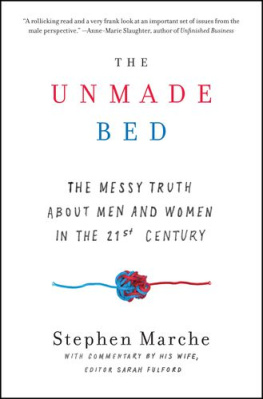
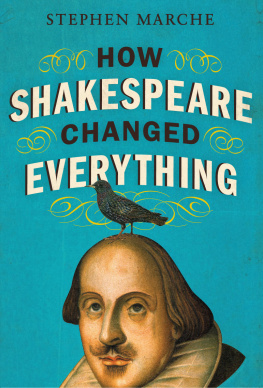

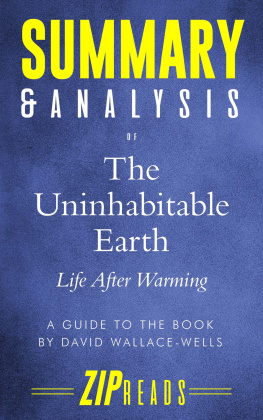
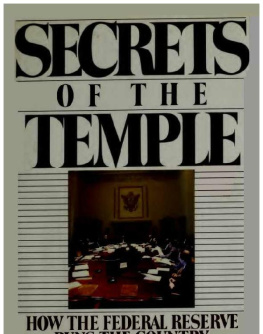
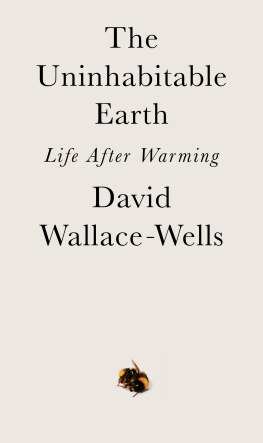
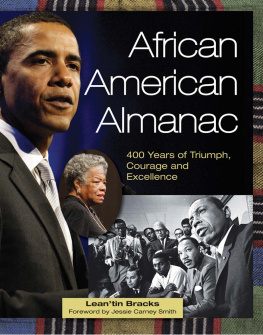
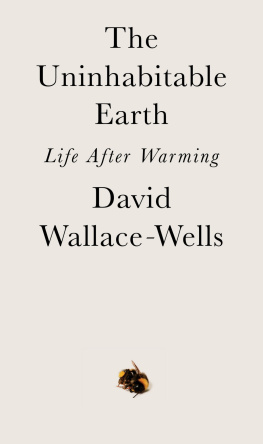
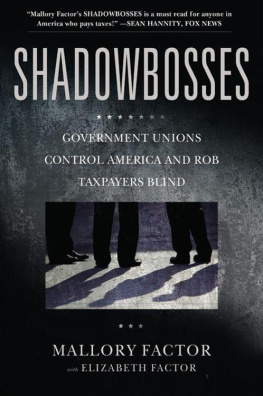

 @StephenMarche
@StephenMarche @avidreaderpress
@avidreaderpress  @avidreaderpress
@avidreaderpress